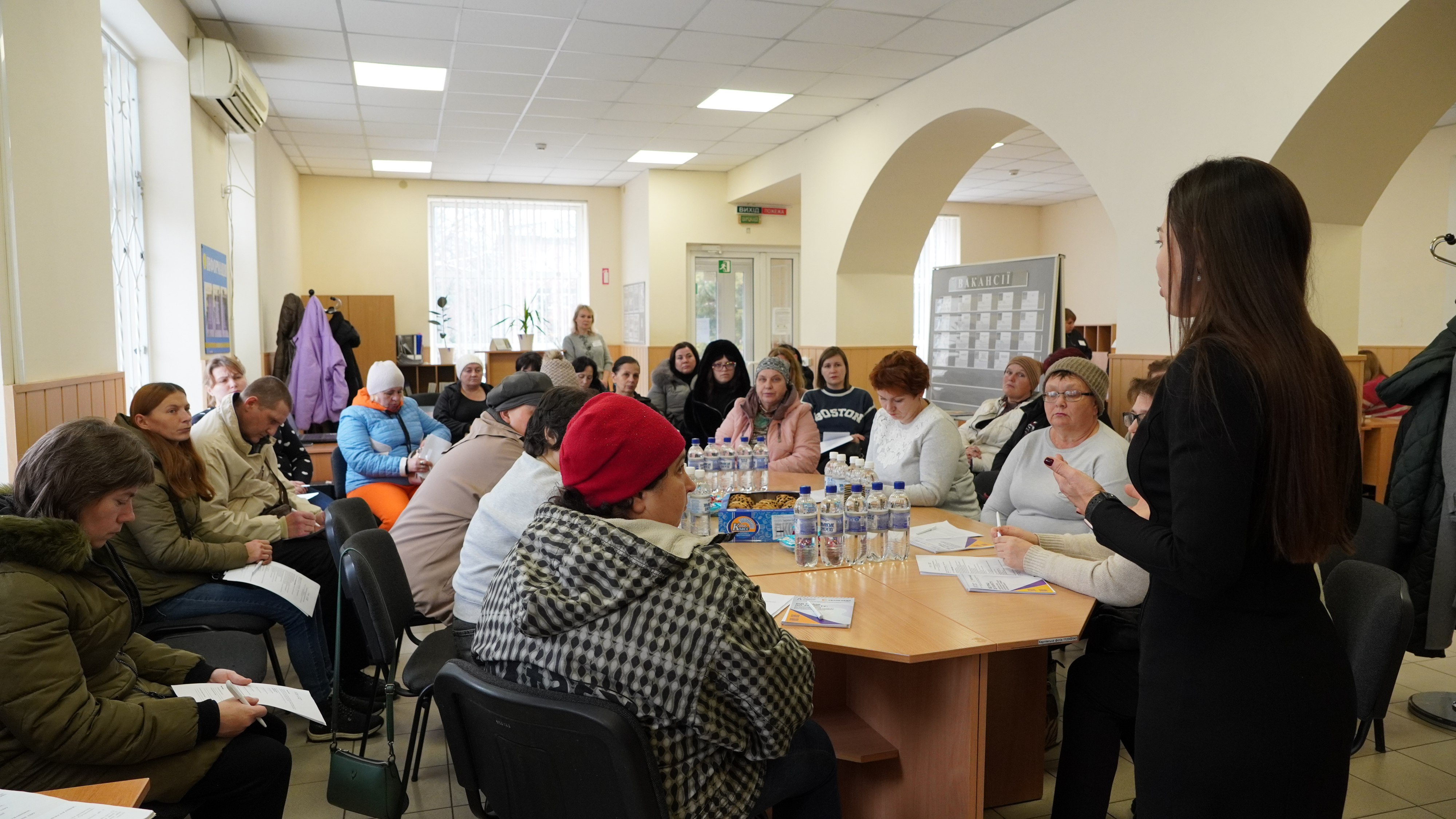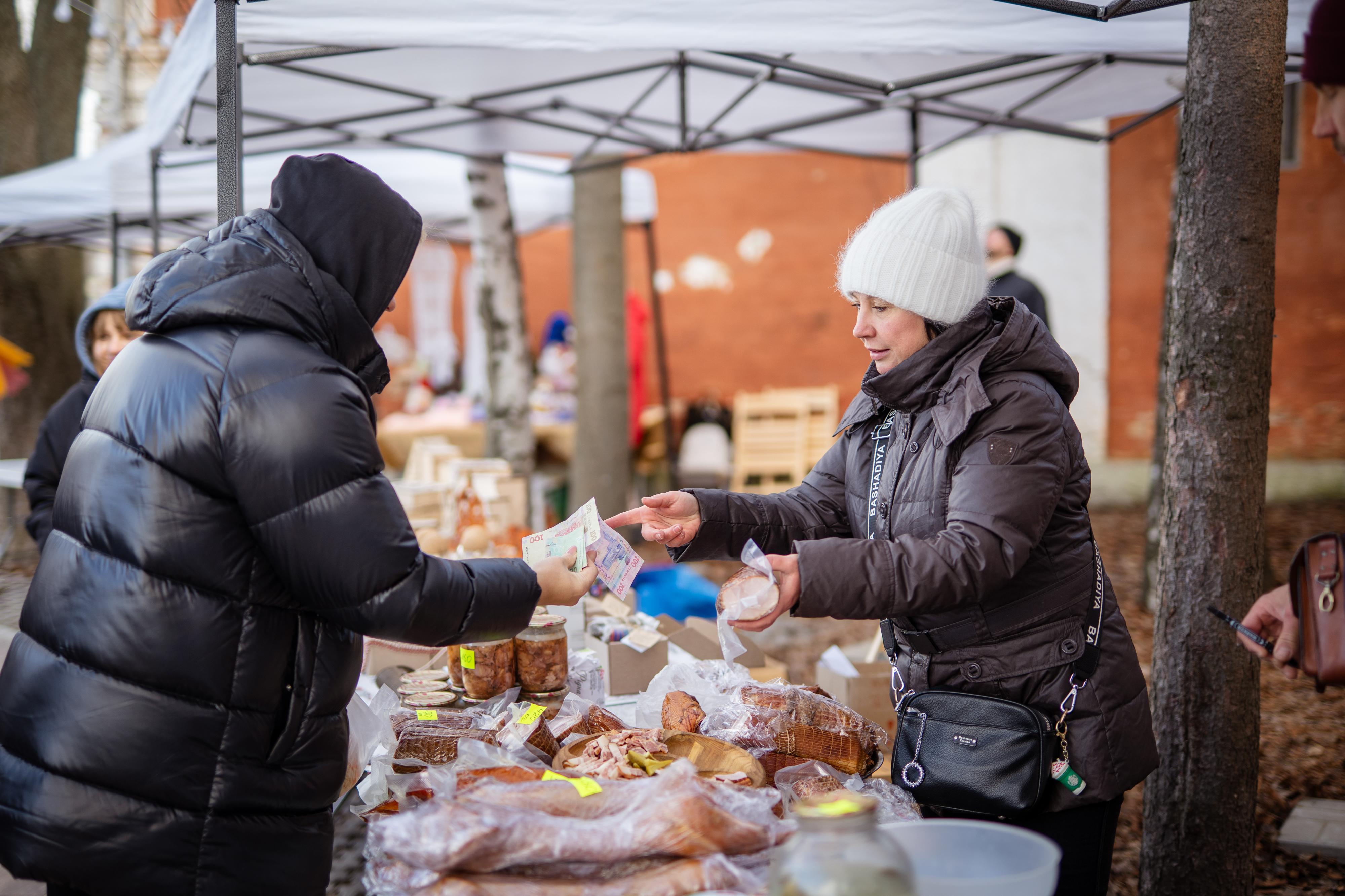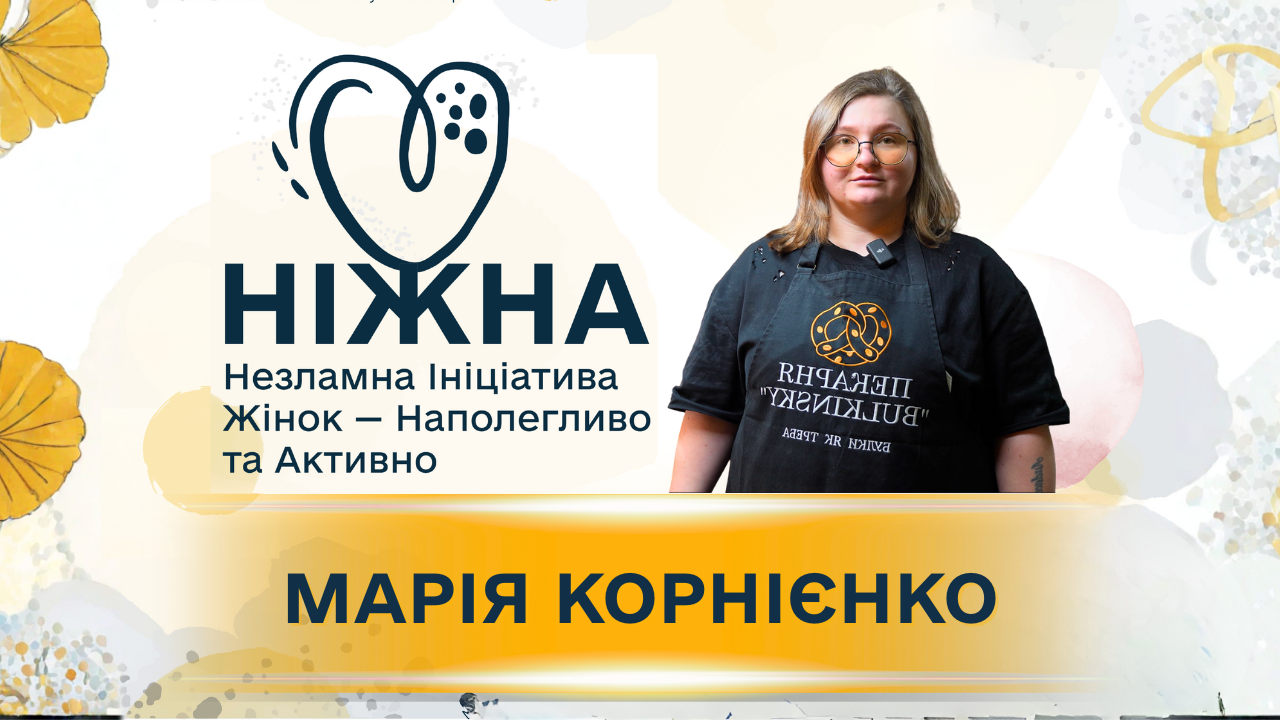Lack of documents and work, health problems and lack of funds for treatment: all these problems Elena was able to overcome thanks to the support of the team of BO “Light of Hope”.
The woman from Kremenchuk faced numerous challenges after her release from prison. Although Elena was eager to start a new life, she could not overcome the difficulties on her own. On the way to change, the woman was supported by social worker Svetlana Butenko.
Taking the client under escort, the specialist made an assessment of her needs and drew up an individual plan. As a result of long-term joint work, we managed to:
- restore documents.
Due to the loss of her passport and identification code, Elena could neither find employment nor receive social benefits. The social worker helped to go through all the bureaucratic procedures.
- get medical help.
The woman was examined, she was confirmed to have HIV and tuberculosis. She received the necessary treatment.
- improve psycho-emotional state.
Individual consultations and participation in support groups helped Elena overcome her fear of society's judgment, strengthen her self-confidence and see prospects.
- employ a woman.
The woman began working at a small local enterprise.
“The introduction of the social order in Kremenchug was an important step in supporting vulnerable groups of the population who need comprehensive assistance. In the case of Elena, after three months of support, she felt part of the community: she had a permanent place of work, continued treatment and made new friends,” said Ivanna Danylyshina, Head of the Department of Public Health Programs.
“I didn't believe anyone would help me after everything I had been through. But thanks to the support of the Light of Hope team, I was able to start a new life and see the light at the end of the tunnel,” said the client Elena.
Social ordering services are implemented at the expense of the budget of Kremenchuk city territorial community. During the implementation of the initiative this year, 105 people received short-term consultations, five of which were taken under social support by our specialists.




